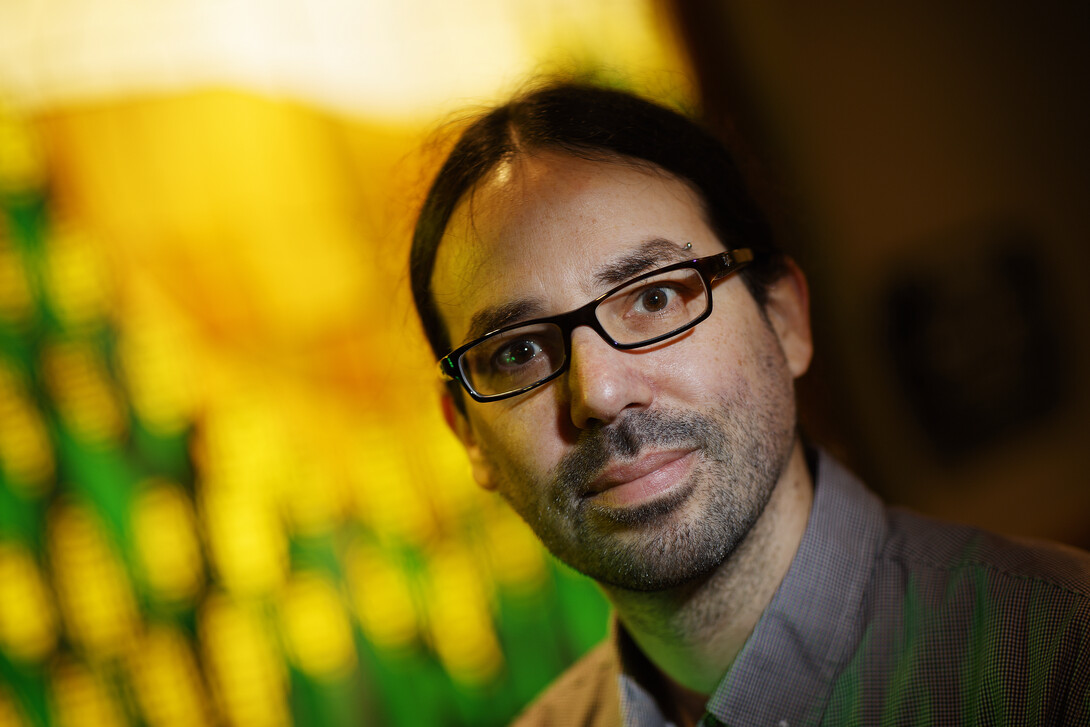
When sociologists began dissecting the public consciousness regarding civil rights, research demonstrated that socioeconomic status – specifically, income and education levels – was a singular predictor for people’s willingness to grant civil liberties to those they deemed different.
In other words, the less someone had, the less likely they were to support giving more rights to stigmatized groups.
But that appears to be changing, according to a new study by University of Nebraska-Lincoln sociologist Philip Schwadel and Husker alumnus Christopher Garneau. The work suggests that social status is no longer playing an outsized role in predicting a community’s willingness to extend civil rights to stigmatized groups.
Instead, political tolerance has been diffused along generational lines.
“This one characteristic that used to cause tremendous differences is no longer the main driving factor,” Schwadel said. “We were blown away at how much the effect of social status has declined in regard to political tolerance.”

Researching nearly 40 years of survey data from the General Social Survey, Schwadel and Garneau found that the strong association between education and income and political tolerance has declined across all generations. Income and education still play some role, the study shows, but it has considerably diminished.
“We can’t say for sure why income and education don’t matter as much as they used to, but younger generations are maturing in a culture of greater tolerance,” Schwadel said. “It’s not just their families, churches, temples and synagogues. It’s also what they’re watching on TV and seeing in their social media feeds.
“A lot of people 30 or 40 years ago didn’t have exposure to diversity and if they did, it was disproportionately those who went to college who had those experiences.”
Schwadel said that by crossing social class lines and diffusing to the larger population, political tolerance will likely continue to grow because future generations will come of age in a more tolerant society.
After finding such a shift away from socioeconomic status, Schwadel is now looking at what other classifications may be playing a role.
“It may be that social class was our old distinguishing cleavage, and now there may be new forms of distinction, such as religious traditions, playing some role,” he said.
The study was published in Sociological Forum in September.







